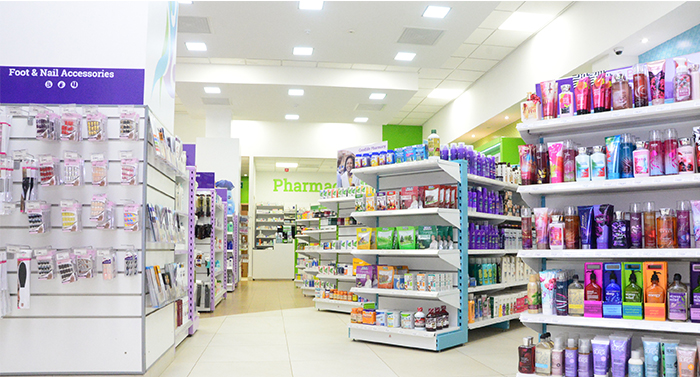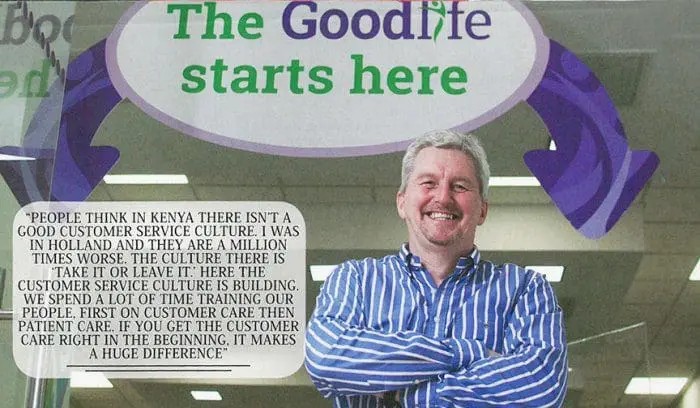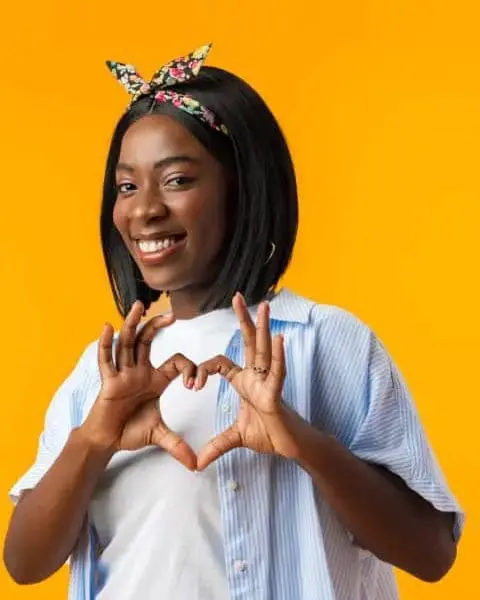
The USD1.9 billion East African pharmaceutical market is being transformed by multinational companies attuned to the needs and desires of the region’s empowered consumers. For long, the region’s pharmaceutical retail sector has been fragmented, often resulting in poor quality products and high prices for consumers. But this is changing. Recently, a flurry of mergers and acquisitions, joint ventures, strategic alliances, partnerships and privateequity deals have seen multinational pharmaceutical chains battle for the region’s market share.
Kenya is the largest pharmaceutical market in the EAC, with a market size of USD720 million in 2014.
The new trend, according to market analysts, has seen an increase in attractiveness in the region’s pharmaceutical market to drug makers. In addition, the presence of multinational chains will be positive for consumers, with quality products and prices tailored to meet the needs of the entire income population. Pharmaceutical manufacturers are set to benefit from easier market access, compared with the current fragmented system.
A recent example is the entrance of Africa Chemist and Beauty Care (ACBC) with its Goodlife Pharmacy Brand which is based on the premise of “making the nation look and feel good, one person at a time” into the Kenyan market. ACBC jointly with private equity firm Catalyst Principal Partners, also bought a majority stake in Mimosa Pharmacy and also acquired the Dove chain which comprised of 4 stores, and 2 of the 4 Eldochem Pharmacies as its first local investment and have proceeded to rebrand them as Goodlife Pharmacies. The International Finance Corporation loaned Goodlife Pharmacy Limited USD4.5 million to open 80 pharmacies in Kenya and East Africa. The acquisition of the established pharmacy stores and the opening of new pharmacies in high population new malls, saw Goodlife create what is currently the largest, by sales, streamlined pharmaceutical chain in East Africa with 17 ( 16 in Kenya and 1 in Uganda) stores in just 15 months.
According to Mr Peter Barker, the Chief Operating Officer, Goodlife Pharmacy aims to bring pharmaceutical and beauty care best practices to East Africa, providing a range of products that address the needs of different consumers and revolutionize the way of doing business in the East African pharmacy market Kenya’s private healthcare sector has evolved over the last 14 years owing to increased public awareness of the need for investment in personal health. This has led to increased consumer spending in medical care, beauty and cosmetic products. Mr Barker says when he first arrived in East Africa, he was taken aback by the fragmented service in the pharmaceutical market. “The quality of Pharmaceutical services in some pharmacies offered could be improved and enhanced.”
Research by the company indicated the country’s pharm aceutical industry was the most advanced in terms of private sector participation and retail network. ACBC estimates the pharmacy industry in Kenya is worth about USD440 million (Sh39.4 billion) with an average annual growth rate of 22 per cent. The private sector accounts for half of the growth. A lot of Kenyans, Mr Barker says, have travelled and lived overseas, exposing them to high standards of pharmacy healthc are. “There was tremendous pent-up demand for better value at pharmacies as consumers seek high levels of customer service, trained and trustworthy pharmacy staff and international products.”
Barker says Goodlife stores are now offering well-equipped private consultation rooms, improving access and penetration of medical services. He adds that clients will be able to seek and get advice from qualified professionals before and after buying drugs. In addition to blood pressure monitoring, blood glucose testing, malaria prophylaxis, testing and treatment, Goodlife is partnering with prominent manufacturing companies to improve the health of the nation. “Currently, customers can access close to 11,000 products on our shelves.” Previously, Barker says, consumers were limited in terms of product choices when they visited pharmacies. They could not get certain brands they wanted. When they did, most of the time they ended up paying much more than the recommended prices.
However, Goodlife Pharmacy has been able to sign a range of deals with international manufacturing and beauty consumer companies to supply a range ofquality, reasonably priced products. “We have partnered with over 16 international and local beauty and health companies to provide world class products and professional services to our clients.” In addition Goodlife offers three-tier product offering. “Buyers appreciate choice. It shows that we respect them by responding to a variety of their requirements and price ranges.” Choice, Barker says, gives buyers a basis for comparison because it shows how the price changes when different features are added or subtracted. Barker says the company plans to invest USD18.2 millionin the next five years, targeting 150 pharmacies through a mixture of acquisitions and ‘greenfield’ ventures in East Africa.
These stores, he explains, will serve an estimated 2 million people annually and will be tailored to meet the needs of customers of varying income levels. He adds that the stores will be opened at convenient places such as major retail centers, petrol stations and near clinics. The EAC pharmaceutical market is forecast to grow at a compound annual rate of 8.3 percent to reach a market size of USD4.2 billion in 2024. Kenya is the largest pharmaceutical market in the EAC, with a market size of USD720million in 2014. Private healthcare expenditure currently accounts for 62 percent of the healthcare market in the EAC,and with much of the population not covered by health insurance, out-of-pocket payments at private facilities are still commonplace.
By 2024, a slightly lower 56 percent of healthcare spending will be private as health insurance coverage expands. For pharmaceutical companies seeking to capture Africa’s growth potential, Barker advises that they their first task, put simply, is to work out where to play: which markets offer the greatest opportunities, as well as good prospects for access. For ACBC and Goodlife, a mapping process was undertaken which clearly indicated areas the chain should be in as well as the timeframe. Barker, a pharmacist, says companies should also ensure that they develop a capacity to hire quality consumer focused staff and invest in their training and development to offer customers a better pharmacy and beauty care retail experience.

